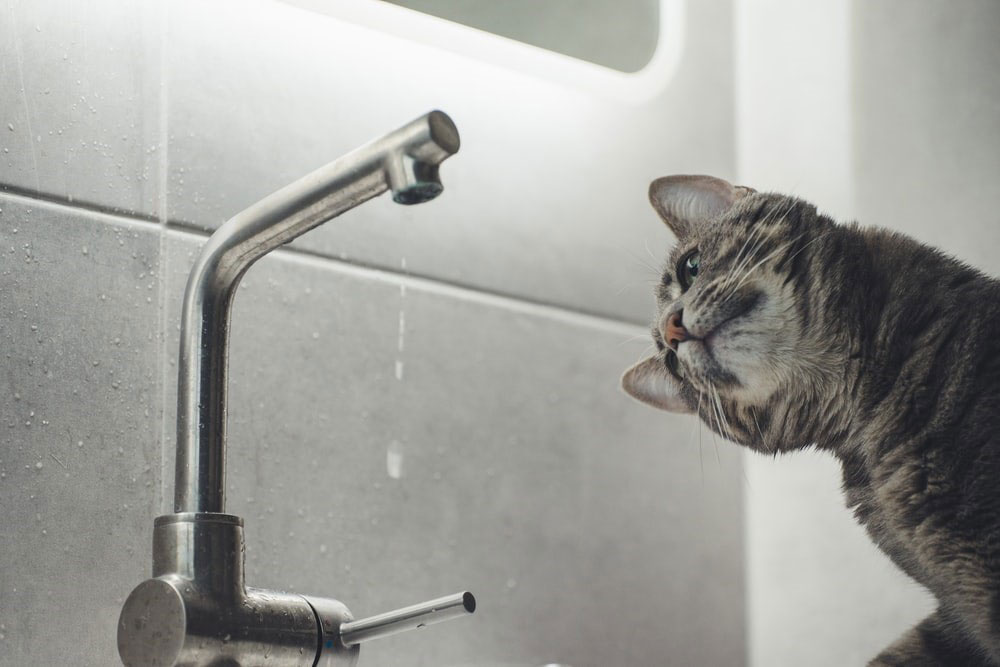Advertisement
As a homeowner you’ve undoubtedly dealt with your fair share of maintenance issues. The most annoying is usually anything plumbing-related. It’s very frustrating when a small problem becomes a huge mess because you either didn’t have the knowledge to fix the problem or prevent it in the first place.
While it’s true that you should have the number of an emergency plumber Sunshine Coast locals trust on hand, it’s always a good idea to know a few tricks of your own. This way you can sort out the small issues or cope with the situation until the professionals get there.
Tips and Tricks to Avoid Plumbing Emergencies
Becoming a homeowner can be very exciting. Owning your own property comes with a certain sense of accomplishment. However, there are several not-so-fun aspects as well. Dealing with leaks, funny noises and blockages can be quite challenging if you don’t know what to look for.
Knowing a few plumbing tips and tricks will go a long towards preventing future problems and could potentially save you a lot of money. Read on to see how many of these basic tips you know.
Know Your Property
One of the first things you should do when you move into your new property is identify the location of all the relevant main valves and power switches. This is so you can turn off the water or power in case of an emergency such as a burst pipe. Depending on where the pipe has burst, it may become necessary to turn off the power as well.
Know What to Flush and What Not
We usually don’t discuss anything we flush down the toilet until we have to deal with a blocked toilet. It’s important to have at least one discussion with everyone in your home about what should be flushed and what shouldn’t. Toilets are not bathroom garbage cans.
Use Your Vacuum Cleaner
It might sound odd to enlist the help of your trusted vacuum cleaner for a plumbing issue, but it may actually help. Using a wet and dry model to suck out any loose objects that are causing a blockage is a better option than trying to dislodge it with something that might damage the pipes.
In some instances, sucking stuck objects out is better than using a plunger. Plungers just push objects further down the pipe making it harder to remove.
Invest in Plumber’s Tape
The best way to prevent water leaks around pipe fittings and joints is by sealing the pipe threads. This can easily be done by using high-quality plumber’s tape, sometimes referred to as Teflon tape.
Simply wrap the tape around the threads about three times before you connect the fittings or joints. If you’re not familiar with plumber’s tape, a simple tip to identify the tape is as follows:
- yellow is for gas lines
- pink is for water
- white is generally used for household purposes
Avoid Dumping Food or Grease in Your Drains
If you value the cost of your pipes, you’ll make it a rule in your home that any type of baking grease or cooking oil should never be poured down the sink or drain. This includes the outside drain as well.
You might think since oil is a liquid it won’t cause any damage. Unfortunately, the oil will eventually get cold and stick to the walls and components in your pipes causing blockage and damage. Food scraps from plates and pots should also be cleaned off before washing in the sink.
Avoid cleaning your drains with harsh chemicals as this can damage the pipes or other plumbing components. A simple way to give your drains a natural clean is by using a vinegar and baking soda mix.
Simply follow this method:
- Pour boiling water down the drain
- Pour about half a cup of baking soda down the drain
- Drizzle half a cup of vinegar over the baking soda
- Leave the drain for about 20 minutes
- Pour boiling water into the drain for about three minutes
- You might have to repeat this process for tougher clogs
Don’t Over-tighten Plumbing Fittings
In an attempt to do a proper job of their DIY plumbing, homeowners over-tighten fittings and connections. In some DIY projects, the tighter the screws, the better but your plumbing fixtures are not one of those instances. Over-tightening can result in stripped or broken screws. The best solution here would be to keep the connections hand-tight.
Conclusion
Knowing a few of the basics will assist you in avoiding some unforeseen plumbing issues. Knowing what causes some problems will also enable you to prevent certain problems such as blockages. However, if the problem seems to require more than these basic coping tips, it’s a good idea to call the professionals!

